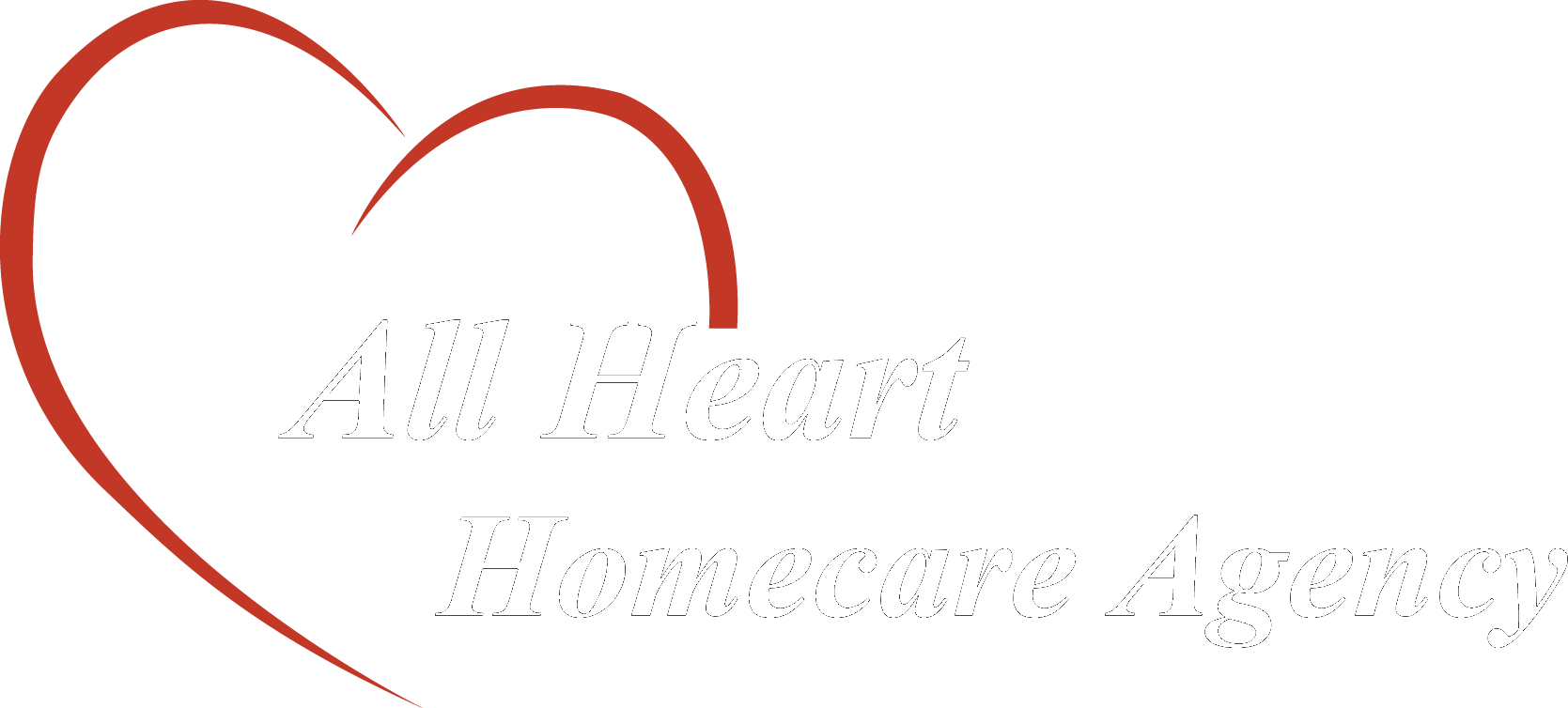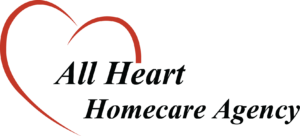Let All Heart Homecare provide the extra support you need with our expert, compassionate VetAssist program. With VetAssist, you can offer the best care while receiving the support you deserve. Call Us: 718-285-9727 Click for a Free Consultation
Get a free consultation!
Senior Care Manhattan
When we are children, our parents often go to great lengths to provide us with a safe, stable, and healthy environment. This upbringing instills in us the confidence and independence needed to face the challenges of the adult world.
However, as we grow older, we may observe our parents or beloved family members beginning to slow down. They might exhibit different behaviors, eat less, or lose that spark in their eyes that once shone brightly when they were children. This transformation can trigger concern and doubt about whether they are truly facing difficulties and may require assistance.
The certainty of needing help as we age is something most of us will face. Nevertheless, asking for help can be a challenging task. It’s only natural for us to want to shield our loved ones and prioritize their health and well-being above all else.
At Senior Care Manhattan, we hold the belief that our elderly loved ones desire to spend their golden years living independently at home for as long as possible. We also recognize your strong desire to contribute by providing extra care when needed as long as it remains safe for everyone involved. This act of giving back for all the love and care they’ve bestowed upon us is truly commendable.
However, tending to the mental, physical, and emotional needs of an elderly family member is no easy task. Without proper preparation, it can quickly become one of the most challenging responsibilities you’ve ever undertaken.
To assist you in embarking on this journey and sustaining it over the long term, we’ve compiled seven valuable tips. These Senior Care Manhattan tips will help you prepare for elder caregiving, manage the workload, and reduce stress:
1. Assess the Required Care: Before committing to caring for an elderly loved one, thoroughly assess the level of care needed. Create a comprehensive list of daily, weekly, and monthly care tasks to gain a clear understanding of the required supervision throughout the day and night. It will help you prepare for the responsibilities involved.
2. Understand Activities of Daily Living (ADLs): Familiarize yourself with the Activities of Daily Living (ADLs), which are essential activities that preserve an individual’s dignity and well-being. These activities encompass self-feeding, dressing, bathing, personal hygiene, functional mobility, and using the toilet. Evaluate if your loved one requires assistance with any of these tasks and consider tools or equipment that can promote their independence.
3. Identify Instrumental Activities of Daily Living (IADLs): Recognize the Instrumental Activities of Daily Living (IADLs) that pertain to independent living but aren’t fundamental to daily requirements. Examples include cooking, shopping, household tasks, managing finances, medication management, communication, and running errands. Ensure that these activities are managed consistently, either by the older adult or a caregiver.
4. Be Realistic About Your Capacity: Assess your capabilities and acknowledge how much time and effort you can dedicate to caregiving without jeopardizing your health. Understand that it’s okay not to take on everything yourself, especially over the long term. Seek help from family and friends, create flexible schedules, and remember that caregiving is a collective effort with the primary focus on your elderly loved one’s needs.
5. Explore Financial Benefit Programs: Investigate government assistance programs designed to support elderly individuals in remaining active and healthy. Your loved ones may be eligible for financial aid to cover living expenses or specialized costs like assistive equipment. As a caregiver, you may also qualify for tax relief by claiming an elderly relative as a dependent or deducting medical expenses not covered by your public health system. Consult with your accountant to explore these tax advantages associated with caregiving.
At Senior Care Manhattan, we recognize the challenges and importance of caregiving, and we’re here to support you on this meaningful journey.
Do you want to learn more about your care options and eligibility?
Contact us today for a free consultation!
Call 888-388-8989
By submitting this form, you agree to our Privacy Policy and Terms & Conditions.

